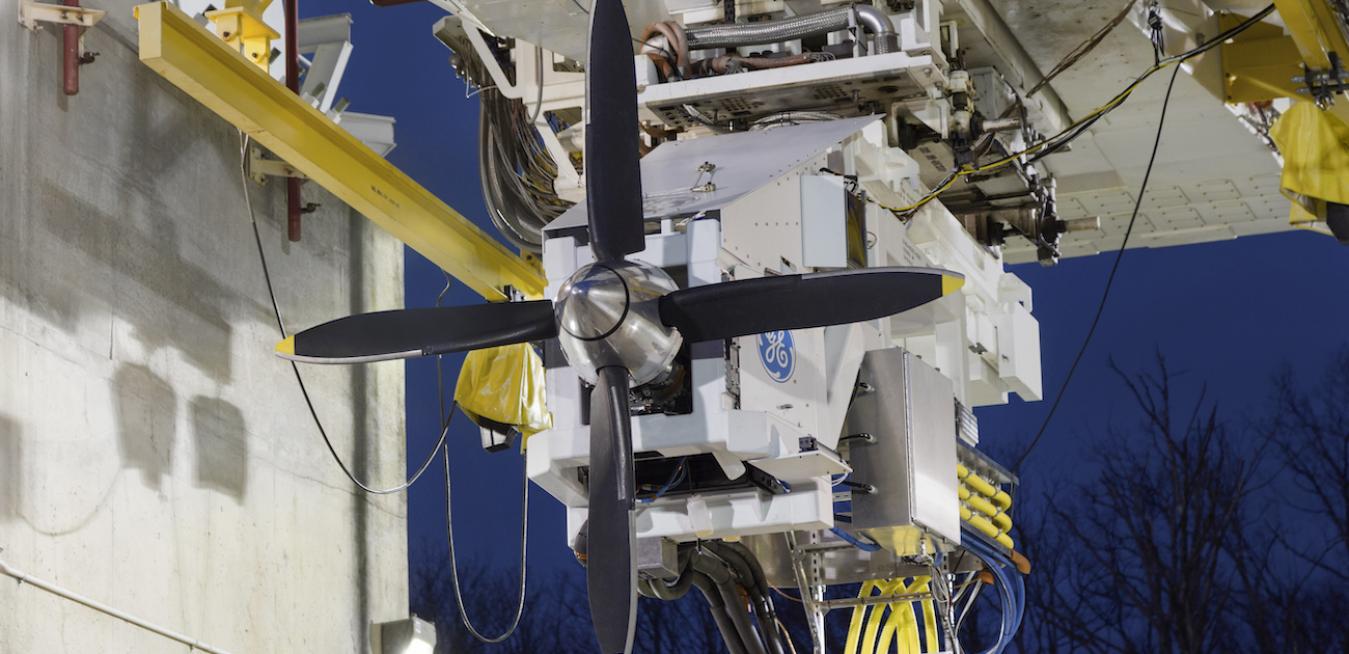Boeing and its subsidiary Aurora Flight Sciences will provide GE Aviation with airplane modification, system integration, and flight-testing services. That work includes nacelle manufacturing, flight deck interface design and software, aircraft-level performance analysis, and systems integration.
Previously, NASA and GE Aviation announced the launch of a new research partnership to mature a megawatt (MW) class hybrid-electric propulsion system to demonstrate flight readiness for single-aisle aircraft. Plans are to conduct ground and flight tests in the mid-2020s. The program, part of NASA’s Electrified Powertrain Flight Demonstration (EPFD) project, is a total $260 million effort including investments from NASA, GE Aviation, Boeing, and other partners over five years.
Aircraft systems engineering and testing work will be based at Aurora’s headquarters in Manassas, Va., with nacelle manufacturing taking place in its facilities in Mississippi and West Virginia.
GE Aviation has been maturing components of high-power hybrid electric systems for more than a decade, including motors, generators, power converters, and power management systems. The electrification technologies GE Aviation is advancing are highly compatible with Sustainable Aviation Fuel and hydrogen, as well as advanced engine architectures such as the open fan and new compact engine core designs.
Hybrid electric propulsion technologies can save fuel and optimize engine performance, helping the aviation industry reach its commitment to net-zero CO2 emissions from flight by 2050.

